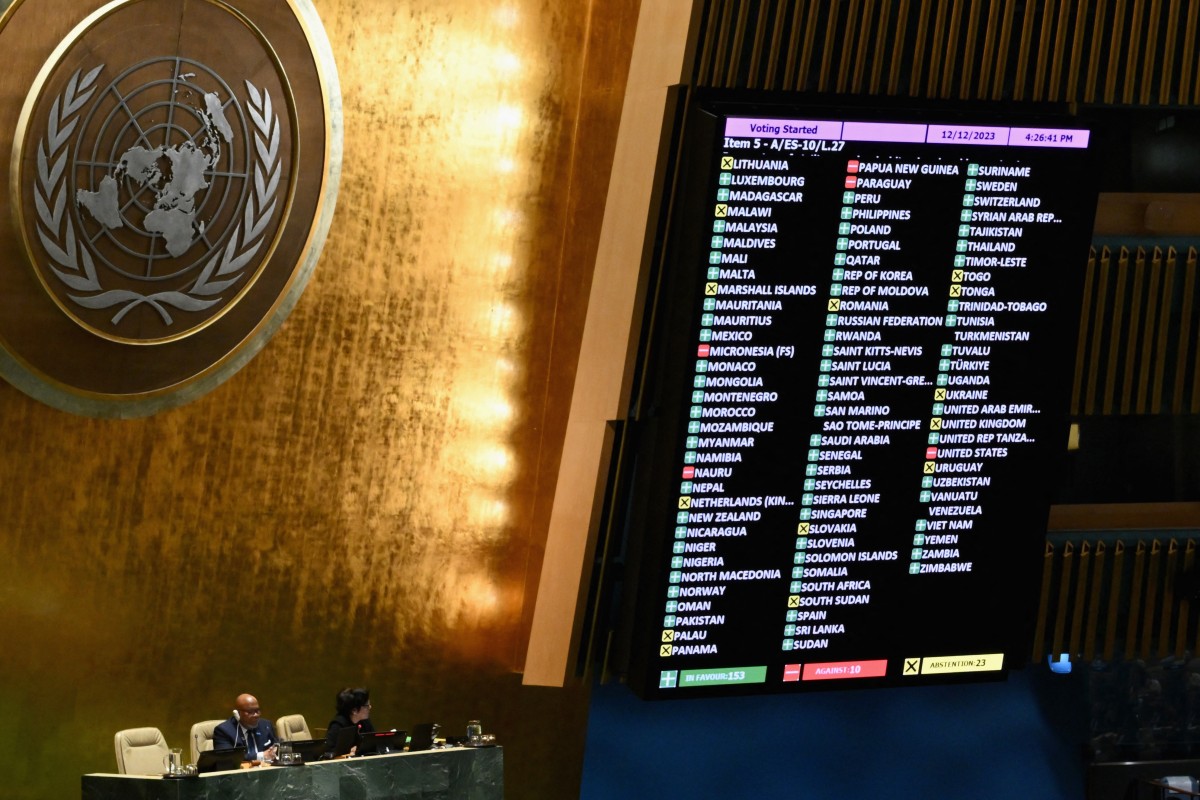New York, USA – The UN General Assembly (UNGA) adopted a resolution by 185 votes on ‘The UN Human Rights Training and Documentation Center for South-West Asia and the Arab Region’.
Qatar sponsored and facilitated negotiations every two years since its establishment in 2008, with its headquarters in Doha.
Sheikha Al Maha bint Mubarak Al-Thani, Second Secretary at the Permanent Mission of Qatar to the United Nations in New York, led the draft resolution consultations this year.
The General Assembly acknowledged the progress made by the Centre in enhancing human rights, affirming its commitment to improving its effectiveness and efficiency in responding to existing and emerging needs.
It also emphasized its role in providing capacity-building services and technical assistance, including in countries experiencing conflict or in post-conflict stages.
The General Assembly welcomed the Center’s intention to enhance its efforts in the next two years to meet the needs of the 25 countries within its mandate by developing human rights education programs.
It puts a greater focus on the youth sector in line with the Fourth Phase (2020-2024) of the World Program for Human Rights Education.
The Center also aims to continue developing training programs targeted at state institutions, national human rights institutions, civil society organizations, as well as knowledge management and documentation activities.
In its resolution, the General Assembly reaffirms the role of regional cooperation in promoting and protecting human rights, as stipulated in human rights instruments.
The UN Human Rights Training and Documentation Center was established under General Assembly Resolution 60/153 in 2005, with the aim of enhancing knowledge and skills regarding human rights within the region it serves.
Additionally, the General Assembly welcomed Qatar’s initiative to host the UN Human Rights Training and Documentation Centre for South-West Asia and the Arab Region.
In December 2008, the Office of the United Nations High Commissioner for Human Rights signed a headquarters agreement with Qatar, leading to the State hosting the Center, which covers 25 countries, including 22 Arab countries and 3 in South-West Asia.
The Center is considered an effective means for furthering cooperation and documentation in building local and regional capacities in the field of human rights through training, documentation, and spreading awareness.








